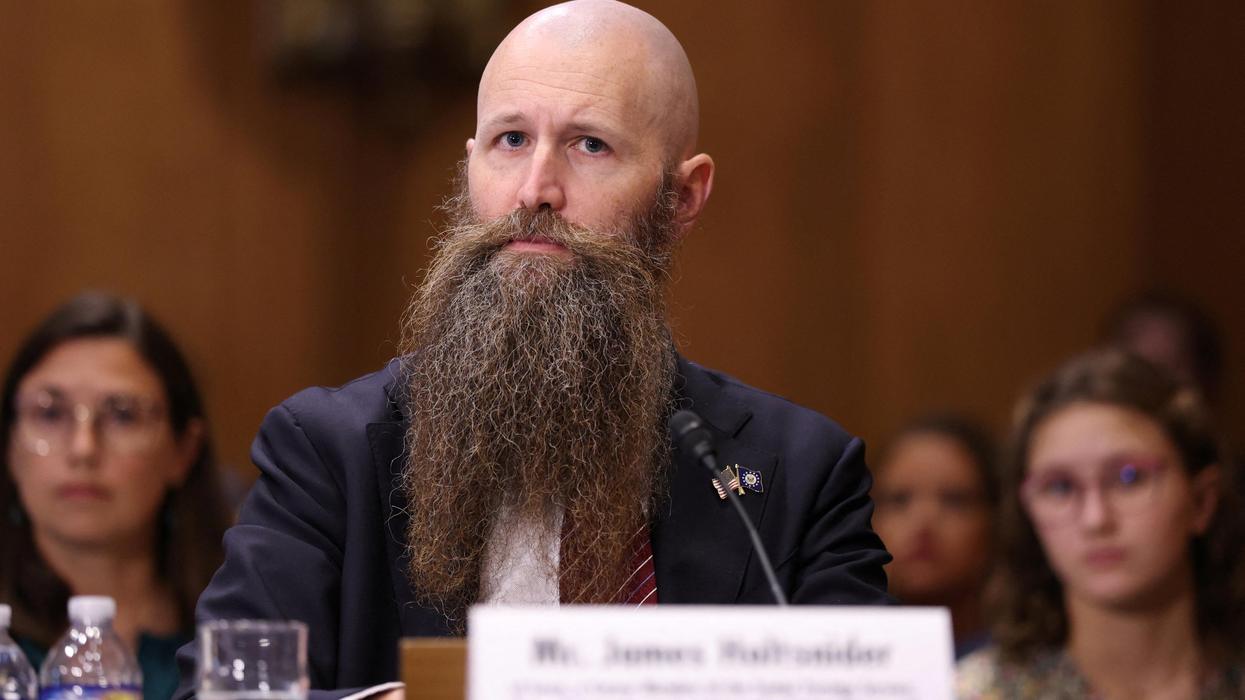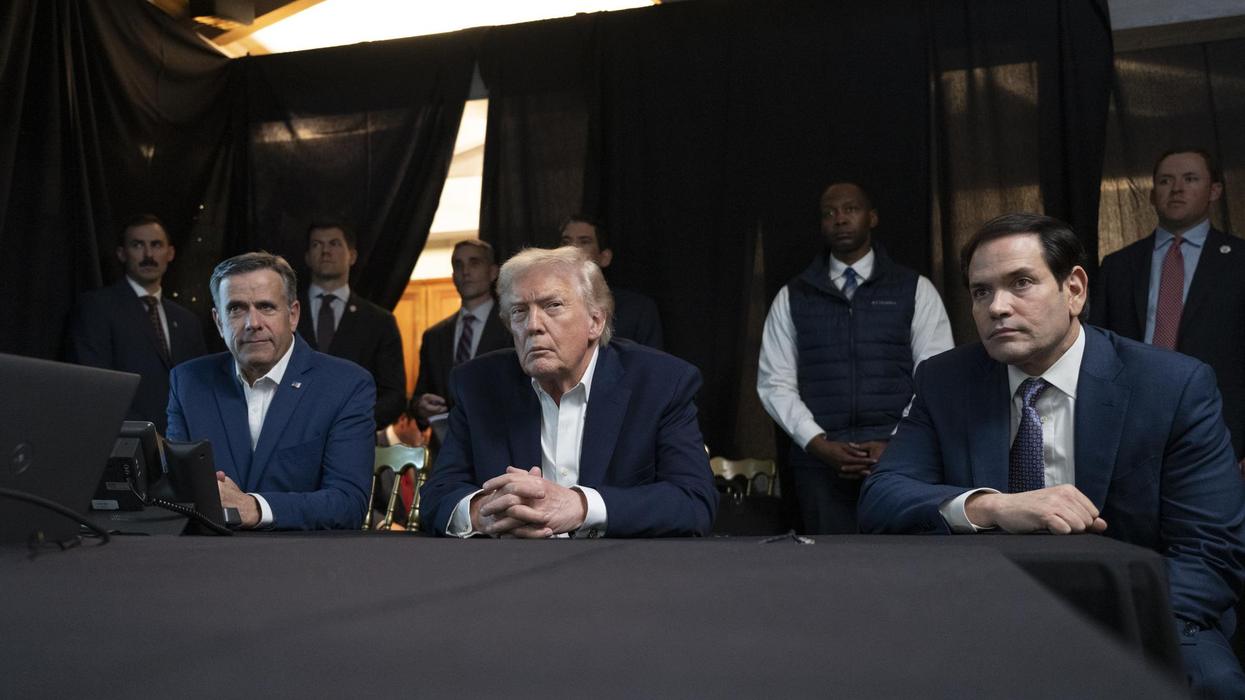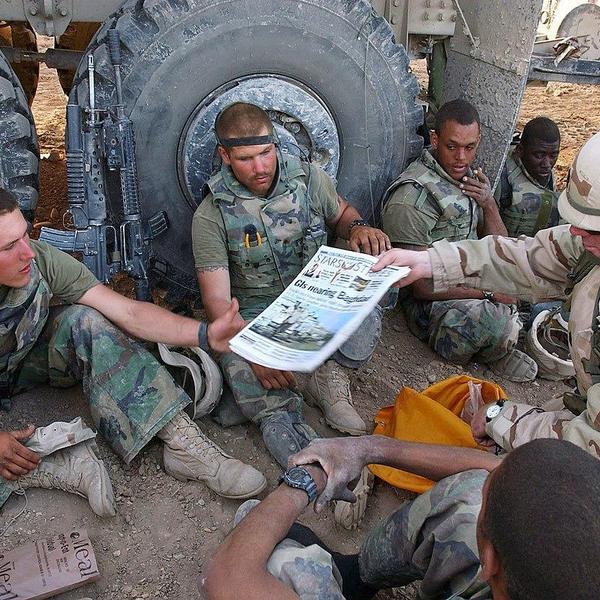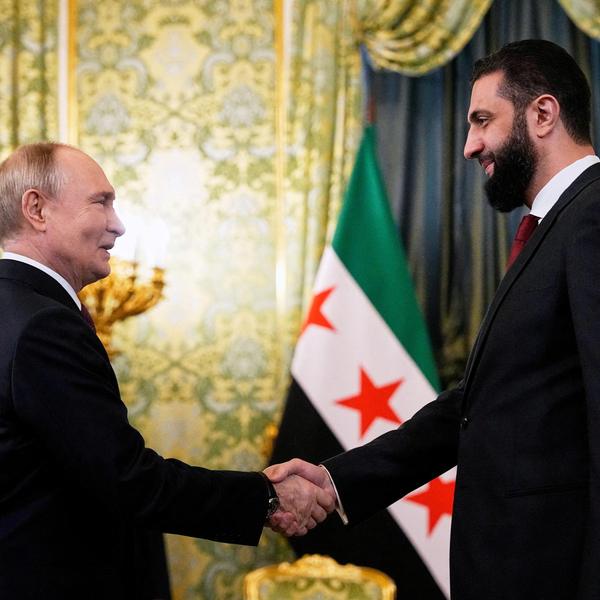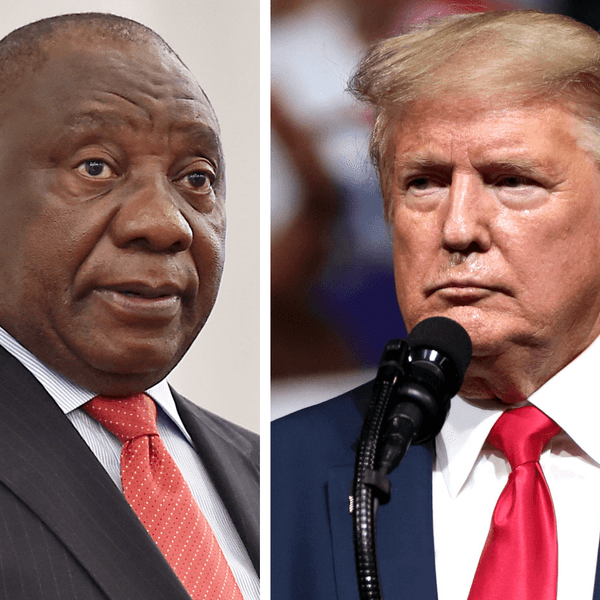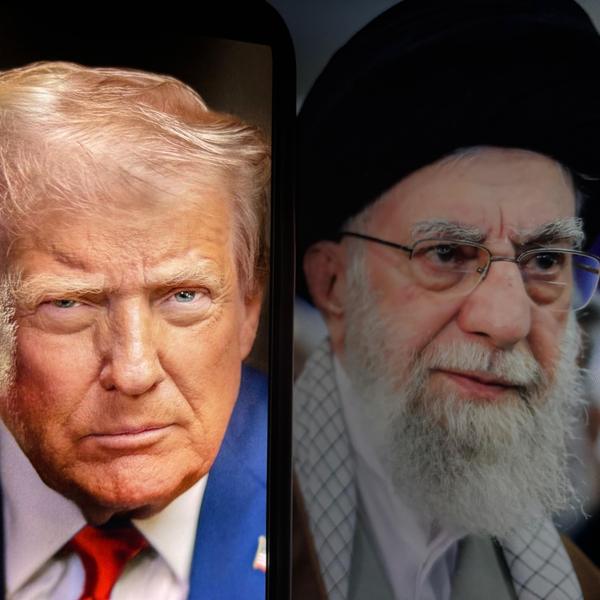The Biden administration is facing formidable challenges in delivering on one of its campaign promises: returning to the 2015 nuclear deal with Iran, the Joint Comprehensive Plan of Action. Domestic politics are a significant obstacle. The agreement remains highly contentious among members of Congress. Many Republicans but also key Senate Democrats, who could hold up confirming senior administration officials, are opposed to lifting Trump-era sanctions on Iran. The Biden administration’s lagging pace now threatens to undo an agreement that was already faltering as a result of the Trump administration’s “maximum pressure” campaign.
The Biden administration’s lagging pace now threatens to undo an agreement that was already faltering.
Yet Iran’s nuclear program is growing by the day, as the time it would take to enrich enough uranium for a single nuclear weapon shrinks. On February 23, the Iranian government is set to limit the UN inspectors’ access to its nuclear activities because of legislation enacted by the country’s parliament after its top nuclear scientist was assassinated – allegedly by Israel – last November. A nuclear program that is at once growing larger and less transparent is bound to increase tensions and could spark a new non-proliferation crisis. Also, every day that is lost in tackling the Iran issue head-on creates more space for destructive public sparring, which further polarises the debate and leads the two sides to harden their positions.
The Biden administration should not negotiate with a gun to its head in the form of Iran’s looming deadline, but it also shouldn’t ignore the constraints that Iran’s domestic politics imposes on its leadership’s ability to revive the deal. Iran has a presidential election in just four months. Its population has been suffering under draconian U.S. sanctions – even more stifling in the midst of a pandemic. Iranian leaders are under pressure to act tough. Yet the Biden administration appears reluctant to grant sanctions relief to Iran as long as it is in violation of its nuclear commitments.
The seemingly impossible dilemma has a solution, but only if Biden is willing to be bold and invest the necessary political capital in resuscitating the deal. This would need to take the form of a three-phase process that can be summed up in the non-proliferation shorthand of “cap, freeze and roll back”, and would requires closely synchronised steps between the two sides.
The seemingly impossible dilemma has a solution, but only if Biden is willing to be bold and invest the necessary political capital in resuscitating the deal.
The first step would be to cap the current standoff and prevent it from escalating. From the U.S. side, this would mean revoking Trump’s 2018 withdrawal from the nuclear deal, while authorising the secretaries of treasury and state to start the process of returning the U.S. to full compliance with its own commitments under the deal, but without necessarily detailing how the U.S. will lift sanctions. Such a move is fully consistent with Biden’s stated campaign position, and would codify it. Based on public statements by Iranian leaders, Tehran would be likewise inclined to issue a political directive halting implementation of its legislation on UN inspectors’ access and thus continuing to abide by the Additional Protocol to the Nuclear Non-Proliferation Treaty, which stipulates enhanced international access to undeclared sites and snap inspections.
Beyond such a move, and still as part of the first step, the U.S. could begin to restore a measure of trust between the two sides through a humanitarian gesture. Iran is the Middle Eastern country worst hit by the COVID-19 pandemic. Yet its request for an emergency loan from the International Monetary Fund (IMF) has remained unanswered for more than ten months. While U.S. representatives on the IMF’s Executive Board are required by law to vote against granting the loan to Iran because of the country’s status in the U.S. as a “state sponsor of terrorism,” the loan could go through with support from other board members if the U.S. gives a quiet signal that it does not object. In order to prevent possible diversion, the IMF could disburse the funds through authorised humanitarian channels and the World Health Organization for the purchase of vaccines.
These two measures will not entail any immediate sanctions relief from the U.S., but could bring down the temperature while allowing the Biden administration to demonstrate that it has the political will to do what is in its national security interest, but also what is right (honoring U.S. commitments) and moral (helping the Iranian people fight the pandemic).
The subsequent reciprocal set of steps would be for Iran to freeze the most problematic aspects of its nuclear program, which derive from measures it took in response to the “maximum pressure” campaign: its enrichment of uranium to 20 per cent, which is perilously close to weapons-grade; its work on uranium metals that could be used in reactor fuel and nuclear weapons; and its research and development of more advanced centrifuges – knowledge that once gained is irreversible. In exchange, the U.S. could grant waivers to some of Iran’s oil customers, so that Tehran can restore some of its oil exports and repatriate its revenues.
If they can accomplish these moves, the two sides would then have enough time and space to negotiate a timetable for a series of staggered additional synchronised steps that would bring them back into full compliance with their obligations – removal of all sanctions in violation of the agreement by the U.S., and complete return to the accord’s nuclear restrictions and monitoring obligations by Iran. It would be best if this could happen before Iran’s elections in June, but if not, it should be done by August, when a new Iranian president enters office.
Nothing in this proposed approach is easy, but the alternatives are even less palatable. Restoring the original agreement, and with it a smidgen of confidence between the two sides, is necessary if the Biden administration wants to negotiate a stronger and longer-lasting nuclear agreement with Iran and address broader issues of disagreement.
This article has been republished with permission from International Crisis Group.


